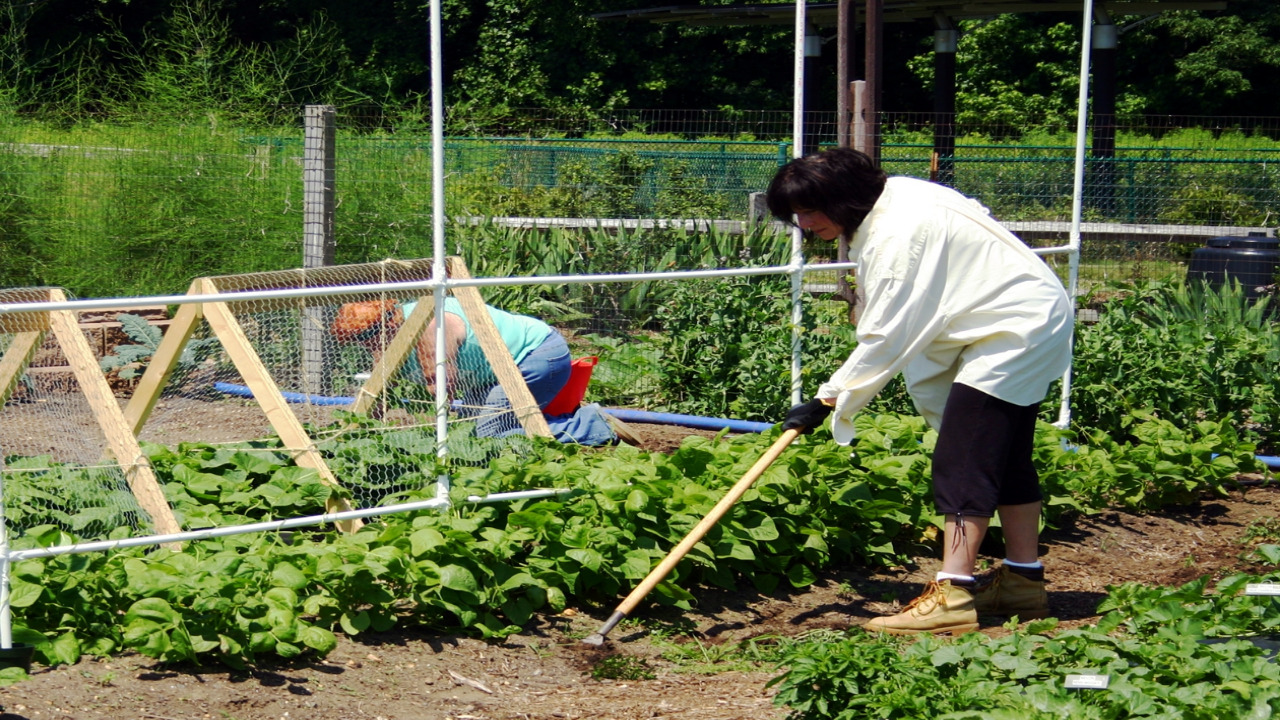Establishing a prosperous farm can be a fulfilling and rewarding endeavor, but it requires significant planning, investment, and hard work. In this article, we will discuss some key steps and considerations for setting up a successful farm.
If you ponder buying some effective equipment for your future farm, check out some info here. Meanwhile, let’s delve into some working tips.
Develop a Business Plan

A solid business plan is essential for any new farm venture. The plan should detail your goals, strategies, and financial projections for the farm. It should also outline your target market and marketing strategies, as well as any potential risks and challenges you may face. A well-crafted business plan can help you secure financing, make informed decisions, and track your progress.
Select a Suitable Location

The location of your farm can significantly impact its success. Choose a site with fertile soil, access to water, and adequate sunlight for your crops or livestock. Consider the climate, topography, and local zoning regulations before selecting a site. You should also factor in the availability of infrastructure such as roads, electricity, and telecommunications.
Choose Your Farming Method
There are various farming methods to choose from, including conventional, organic, and regenerative agriculture. Each method has its advantages and disadvantages, and the choice will depend on your personal preferences, market demand, and environmental concerns. Research each method and consult with experts before making a decision.
Invest in Quality Equipment and Supplies

Farming requires a significant investment in equipment, tools, and supplies. Choose high-quality equipment that is durable, efficient, and suited for your specific needs. You may also need to purchase feed, seeds, fertilizer, and other supplies to support your farm operations. Invest in the best possible equipment and supplies within your budget to ensure long-term success.
Build a Strong Team
Farming is a team effort, and you will need a reliable and skilled team to help you run the farm. Hire workers with relevant experience and expertise, and provide them with adequate training and support. You may also need to work with agronomists, veterinarians, and other specialists to ensure the health and productivity of your crops or livestock.
Implement Sustainable Practices
Sustainable farming practices can help you reduce costs, improve soil health, and conserve natural resources. Consider implementing practices such as crop rotation, cover cropping, conservation tillage, and integrated pest management. These practices can also enhance the quality and flavor of your produce and meat, making them more attractive to consumers.
Establish a Marketing Strategy

Marketing your farm products effectively is crucial for success. Identify your target market and develop a marketing strategy that reaches them effectively. Consider using social media, farmers’ markets, and direct sales to promote your products. You may also want to consider certification programs, such as organic or fair trade, to increase the value of your products.
Seek Professional Advice
Starting and running a farm is a complex undertaking, and you may encounter unexpected challenges along the way. Seek advice from professionals, such as agricultural extension agents, accountants, and attorneys, to help you navigate these challenges effectively. Their expertise and experience can help you make informed decisions and avoid costly mistakes.
In conclusion, establishing a prosperous farm requires careful planning, investment, and hard work. By following the steps outlined above and seeking professional advice, you can increase your chances of success and build a sustainable and profitable farm for years to come.